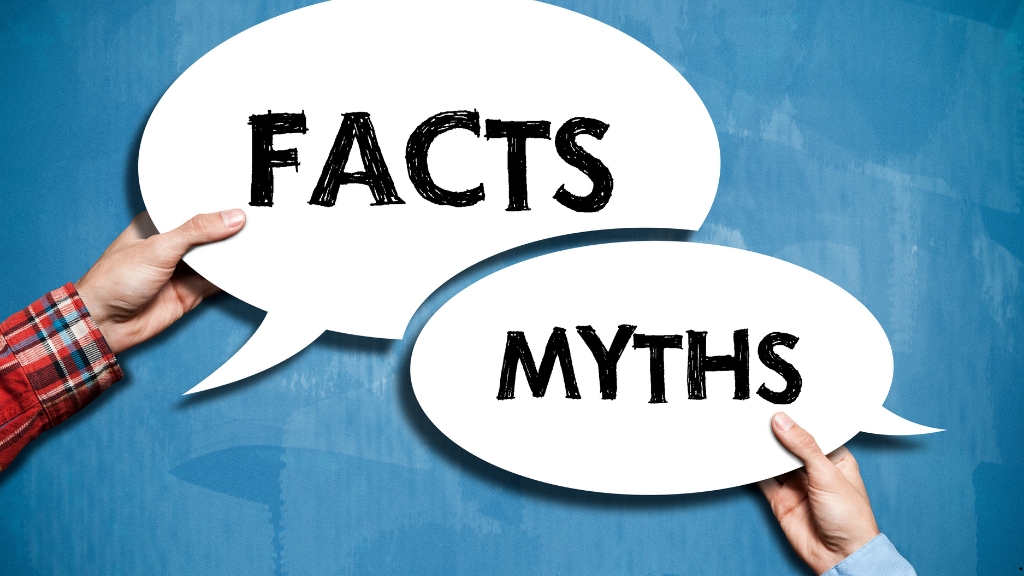
Fuel Efficiency Myths Busted: Discover What Really Saves Gas for Your Vehicle
by Elton Jordan
We've all heard the buzz about fuel efficiency tips that promise to save us a ton at the pump. From inflating tires to using premium gas, it’s easy to get lost in the sea of advice. But how many of these tips actually hold water? As a car owner, I’ve often wondered what truly makes a difference in fuel consumption.
Common Fuel Efficiency Myths
Understanding common fuel efficiency myths helps identify what actually improves gas savings. Several misconceptions persist that can mislead consumers.
Myth 1: Premium Fuel Is Always Better
Many believe premium fuel enhances fuel efficiency and performance. However, most vehicles operate efficiently on regular unleaded gasoline. Unless a car's manufacturer specifies premium fuel, using it doesn't yield noticeable improvements in mileage. The U.S. Department of Energy states that using higher octane fuel than necessary provides no benefits for the vast majority of vehicles.
Myth 2: Driving at Lower Speeds Saves More Gas
Driving at excessively low speeds may seem like a way to save gas, but it's counterproductive. Each vehicle has an optimal speed for fuel efficiency, typically between 45-65 miles per hour. At lower speeds, engine efficiency decreases, potentially leading to increased fuel consumption. Studies show that maintaining moderate speeds maximizes fuel efficiency and minimizes wasted gas.
Myth 3: Idling Uses Less Fuel Than Restarting
Some drivers think idling uses less fuel than restarting their engines, but this isn't true. Idling consumes fuel without moving the vehicle. Research indicates that turning off the engine and restarting it when stopped for more than 10 seconds saves more fuel. Frequent short trips benefit from minimal idling, as restarting uses less fuel compared to prolonged engine running.
Tips for Real Fuel Savings
Implementing practical tips can significantly enhance fuel savings. The following strategies focus on vehicle maintenance, tire care, and weight management.
Tip 1: Regular Vehicle Maintenance
Regular maintenance includes oil changes, air filter replacements, and engine tune-ups. Keeping your engine in top condition enhances fuel efficiency. According to the U.S. Department of Energy, a well-maintained vehicle can improve mileage by up to 4%. Inspecting spark plugs and ensuring proper fuel delivery prevents issues that lead to decreased fuel economy.
Tip 2: Proper Tire Inflation
Proper tire inflation is crucial for optimal fuel efficiency. Under-inflated tires increase rolling resistance, which can lead to a reduction in gas mileage. The U.S. Environmental Protection Agency states that maintaining tire pressure at the manufacturer’s recommended level can improve fuel economy by 3%, equivalent to gaining several miles per gallon. Check tire pressure monthly to ensure they’re properly inflated.
Tip 3: Weight Reduction in Your Vehicle
Reducing excess weight contributes to better fuel efficiency. Each additional 100 pounds in a vehicle can decrease fuel economy by up to 2%. Remove unnecessary items from your trunk and avoid carrying roof racks when they’re not in use. Streamlining your vehicle’s load optimizes performance and conserves fuel over time.
The Impact of Driving Habits on Fuel Efficiency
Driving habits significantly influence fuel efficiency. Adjusting these habits can lead to noticeable fuel savings without additional costs.
Aggressive Driving vs. Smooth Driving
Aggressive driving, characterized by rapid acceleration and hard braking, wastes fuel. Research shows that aggressive driving can decrease fuel economy by up to 33% on highways. In contrast, smooth driving maintains a consistent speed, which enhances fuel efficiency. Maintaining steady acceleration and using cruise control on highways can improve mileage by 15% or more. Anticipating traffic flow rather than reacting quickly also contributes to significant fuel savings.
The Role of Excessive Idling
Excessive idling contributes to unnecessary fuel consumption. Idling for more than 10 seconds uses more fuel than restarting the engine. Studies reveal that turning off the engine during stops can save up to 0.2 gallons of fuel per hour. Reducing idle time, particularly in parking lots or at traffic signals, enhances overall fuel efficiency. Short trips can also exacerbate fuel consumption due to inefficient idling; minimizing these stops improves gas mileage.
Conclusion
Understanding what truly saves gas can feel overwhelming with so many myths floating around. By focusing on effective strategies like regular maintenance and smart driving habits, I’ve found that it’s possible to make a real difference in fuel efficiency.
It's clear that simple actions like keeping my tires properly inflated and avoiding unnecessary idling can lead to significant savings at the pump. I encourage you to look beyond the common misconceptions and adopt practices that genuinely enhance fuel economy.
With the right approach, you can drive smarter and save money on gas while also being kinder to the environment.
